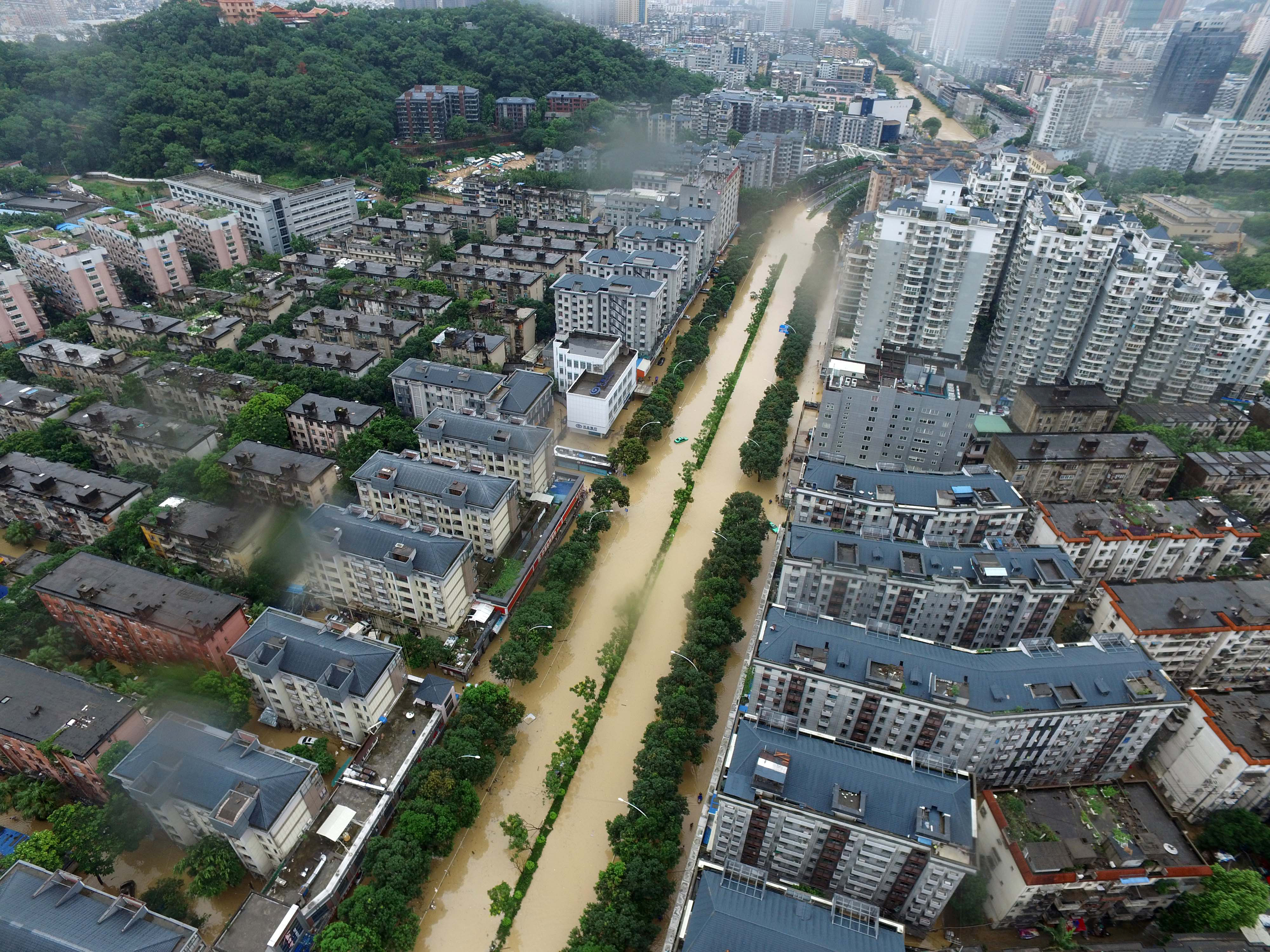
MANILA (Reuters) – U.S.-Philippines ties are going through “bumps on the road” and the Philippine military could manage if treaty ally the United States were to withdraw aid, the defense minister said on Friday.
The Philippines intended to buy arms from China and Russia and there had been no adverse reaction from within the military to President Rodrigo Duterte’s vows to scale back defense ties with the United States, Defense Secretary Delfin Lorenzana said.
Lorenzana’s remarks suggested he was following other top officials in Duterte’s administration in rallying behind the maverick president’s tough anti-U.S. agenda after weeks of scrambling to manage the fallout from his outbursts and threats to downgrade the alliance.
Lorenzana had on Wednesday set a conciliatory tone, saying Duterte may have been misinformed when he said U.S.-Philippine military exercises were no benefit to his country.
But on Friday Lorenzana said the value of U.S. military aid to the Philippines was “not that much”, and the military could ask Congress to make up for a shortfall of some $50 million-$100 million a year in U.S. military aid.
“We can live without (that),” Lorenzana told a foreign correspondents’ forum.
Duterte, well known for a ruthless stand against crime from his years as mayor of a southern city, won election in May on a promise to wipe out drugs and drug dealers.
Some 3,600 people have been killed in his anti-drugs drive and he has been enraged by questions about human rights, from the United States and others, that the bloodshed has raised.
Duterte said on Thursday if the United States and European Union objected to his drugs war and wished to withdraw aid, they should do so, and the Philippines would not beg.
U.S. State Department spokesman John Kirby responded to that saying total U.S. assistance to the Philippines in the fiscal year that began on Oct. 1 was $180 million “and we’re committed” to delivering that.
‘NOT TOO DEPENDENT’
Lorenzana said he believed Duterte’s objective was to diversify Philippines’ foreign ties and cut dependency on former colonial ruler the United States.
“The president is trying to develop a relationship with the U.S. that is not too dependent on one country,” he said.
Duterte has caused a diplomatic storm by declaring that joint U.S.-Philippines military exercises would cease, a defense agreement would be reviewed and, at an undisclosed time, he might “break up” with the United States.
On Monday, Duterte said U.S. President Barack Obama should “go to hell”.
Lorenzana said there had been no official directive to scrap a two-year-old Enhanced Defense Cooperation Agreement. He said the uncertainty in the U.S.-Philippines relationship was “just going through these bumps on the road”.
“Maybe we should re-assess (the relationship),” he said. “Are we benefiting, are we getting what we should be getting from alliance? It is part of this growing up.”
He said Duterte was sensitive to concerns about his drugs war and it was likely the president would dial down his rhetoric if questions from the West about human rights stopped.
Asked how changes in the security relationship could impact a strategic U.S. “rebalance” to Asia, he said: “They are not lacking of any place to park their ships if they are no longer allowed to park their ships here.”
He said there may be some issues of compatibility with defense procurements from Russia and China, which were willing to sell to the Philippines.
A Philippine dispute with China over sovereignty in the South China Sea would not impede defense procurements, he said, adding there had been no discussion of the two countries working together militarily.
“All we are thinking now is buying equipment,” he said. “No talks yet about military alliance. Just simple transaction of buying equipment.”
Lorenzana’s show of accord with Duterte’s anti-U.S. stand follows a similar tough line from Foreign Affairs Secretary Perfecto Yasay who said this week Duterte wanted to liberate the country from a “shackling dependency” on the United States.
Yasay said the president was “compelled to realign” Philippine foreign policy and not submit to U.S. demands and interests.
(Reporting by Neil Jerome Morales; Writing by Martin Petty; Editing by Robert Birsel)









